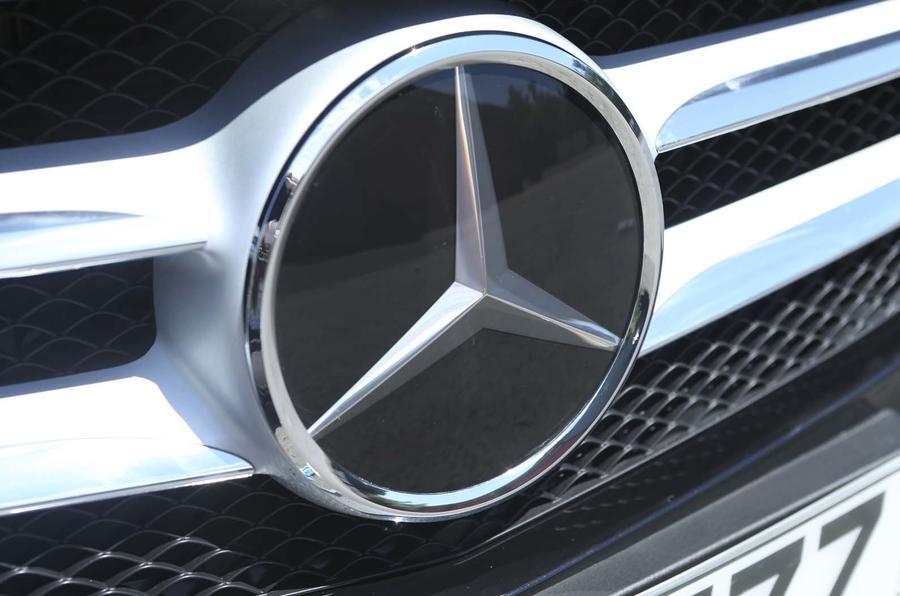Mercedes-Benz parent company Daimler has announced a sharp fall in profits last year, the result of a major fine related to the diesel emissions scandal, the cost of investing in future technology and its struggling vans division.
Daimler Group posted a net profit of £2.3 billion in 2019, compared to £6.4bn the previous year. Company boss Ola Källenius said the firm “cannot be satisfied with our bottom line” and that it would implement a series of cost-cutting measures to ensure it could continue to invest in electrified technology, including battery electric and plug-in hybrid powertrains, for the future.
The Daimler Group – which comprises the Mercedes-Benz Cars, Vans, Trucks, Buses and Mobility divisions – sold 3.34 million vehicles last year, close to the 3.35m sold in 2018. That resulted in revenue of £145.5bn, up 3% on the previous year.
The German firm was hit by legal costs, including a £769m fine for a case brought by German prosecutors over the sale of various diesel models suspecting of featuring measures to manipulate exhaust emissions. It also faced extra expenses due to an airbag recall.
While Mercedes-Benz Cars sold a record 2,385,400 cars, the group was hit by the performance of its Vans division, which recorded a £2.6bn loss.
Like other car makers, Daimler has invested heavily in technology relating to electrification, connectivity and autonomy in recent years, and Källenius said that would continue despite the disappointing results.
He said that “the future of the Daimler Group lies in CO2-neutral mobility as well as in consistent digitisation, leveraging its full potential in our products and our processes".
He added: “To achieve that, we have substantially ramped up our investments into new technologies. We are determined to materialise our technological leadership and at the same time to significantly improve profitability.”
The cost-cutting measures include the target to cut spending on employees by £1.2bn by the end of 2022. The Daimler Group currently employs 298,655 people, and reports in Germany suggest that around 15,000 roles could be axed. Daimler said that it would “cut jobs worldwide in a socially responsible manner, including the reduction of management positions.”
READ MORE
Daimler fined by German prosecutors in latest diesel emissions case









Join the debate
Add your comment
It's Boris and Brexit's fault.
I wonder how Mike Hawes and other remoaners are going to blame Boris and Brexit for this one?
Too many ranges of cars, not Premium anymore...
As "Sunshine" says MB, BMW & Audi & co are not premium anymore. They've expanded their product ranges to cover the whole market segments that only used to be serveved by Ford & Vauxhall & the others. Now they are everywhere, not an exclusive luxury product anymore. They should concentrate on their core products, not A, B, class etc., that way they would make decent profits again. In the Eighties MB & Mercedes only had a 3 product range. They've expanded into every segment too rapidly & with electrification they've got to go back to that simplified product line up.
Agree completely
Sunshine wrote:
Luxury watches (and other luxury items) are not analagous to cars.
Living on past success
I've had a couple of mid range new Mercedes. The problem is they're no longer exclusive are they. Even in the 1990's a person with a new E Class was perceived as wealthy, now they're a cheaply leased private hire car. I'd say Mercedes have lost their glamorous appeal to many. Plus let's tell the truth, only the S class, SL and CL were great anyway. Nice big engines and plush interiors that felt special.